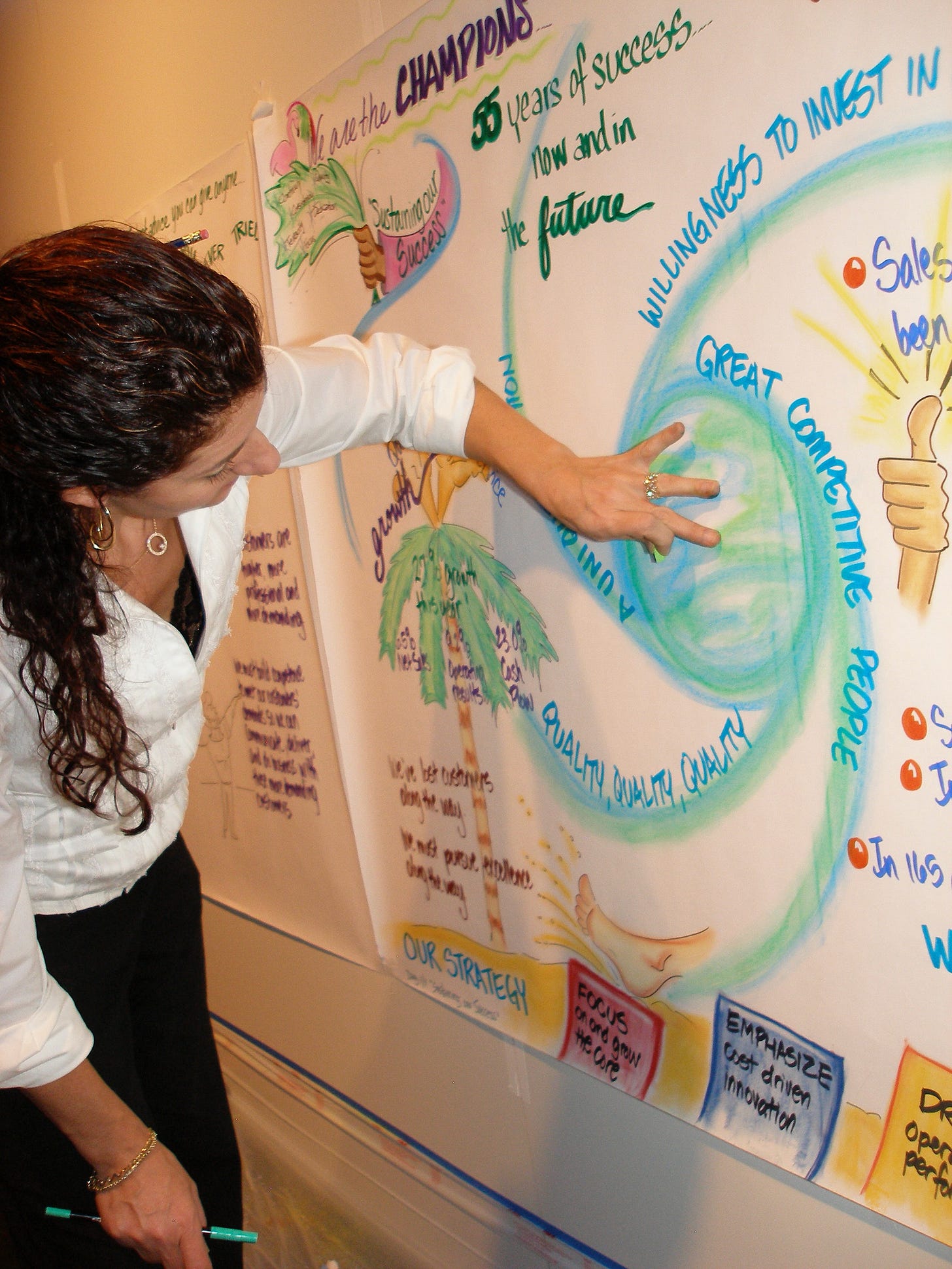Have You Ever Felt Like You Are Not Enough?
Imposter Syndrome is not a competency issue — it’s an identity issue.

In our journey through life and leadership, one aspect that significantly influences our perspective and behavior is our identity. How we see ourselves shapes how we interpret the world around us and make meaning of our experiences.
Imposter syndrome, often associated with feelings of inadequacy when facing new responsibilities and unfamiliar circumstances, is a term used to describe the inherent vulnerability that accompanies new opportunities. Our inner critic tends to amplify self-doubt, telling us that we're not capable, that we lack the necessary skills, and that our incompetence will soon be exposed. However, it's crucial to recognize that imposter syndrome is a made-up and misleading term that does not accurately reflect our capabilities and is not beneficial to us.
In reality, imposter syndrome is not a competence issue — it’s an identity issue. Our subconscious holds our sense of self, quietly influencing our perceptions and how we respond to the world. Identity is the way we perceive ourselves, the traits we assign, and the ideas we hold. It can be influenced early in life or shaped by significant events later in life, yet it often remains unquestioned as our circumstances change. Outdated identities can hinder our progress, holding us back from reaching our full potential. It becomes crucial to evolve our identity as leaders because, if we don’t, it interferes with our effectiveness and our ability to develop others.
Think about those moments when you feel compelled to do everything, even if you're overwhelmed, because you’ve always been that person. Or when you believe that being an introvert means you're not good with people, so you avoid the things that require soft skills. Perhaps your past experiences with scarcity still linger, affecting your ability to embrace prosperity or the idea that you’ve arrived (and it’s okay to take the pedal off the metal). These identity-based beliefs, commonly referred to as “baggage,” prevent you from embracing new possibilities and leveling up your consciousness to become a better leader and a more awesome human.
It has served me well to remember that, while learning new skills is easy, unlearning how I see myself and how I define the value I add is the greater challenge. The following questions have helped me to continuously examine my beliefs about myself and to more quickly adapt to new circumstances:
Is this belief (about myself) true?
Is it serving me well?
Who am I without this belief?
By letting go of self-imposed limitations, I have stepped into the next version of myself, unencumbered by outdated identities.

In our leadership journey, let us remember the importance of evolving our identity and saying yes to our true potential, without sandbagging ourselves with old identities or identities imposed on us by others. This is especially important for historically underrepresented people in leadership. We don’t live in that limiting reality anymore — and not only are we enough, we are exactly what the world needs more of right now.
Embrace the practice of evolving your identity, and inspire those around you to do the same.



